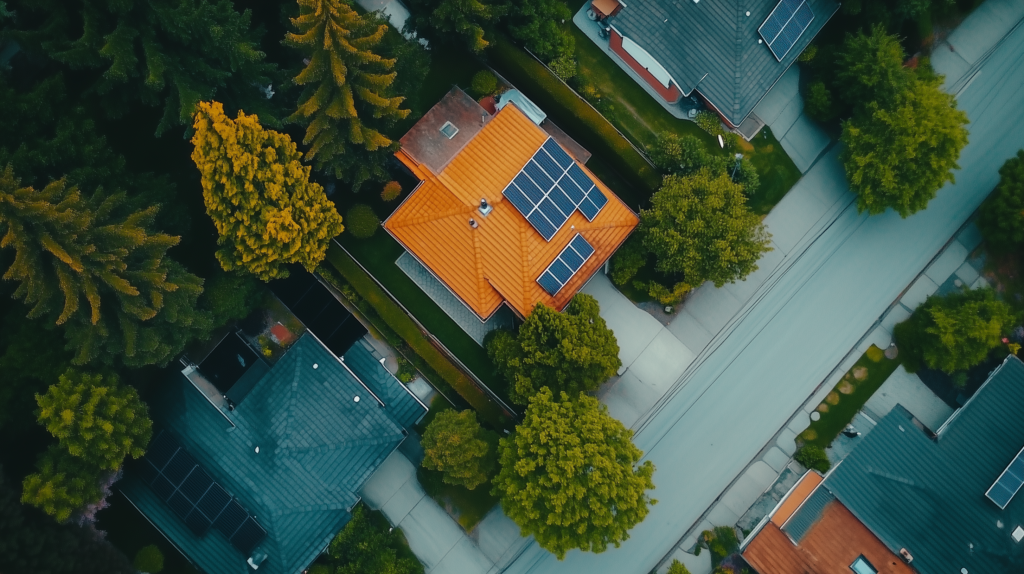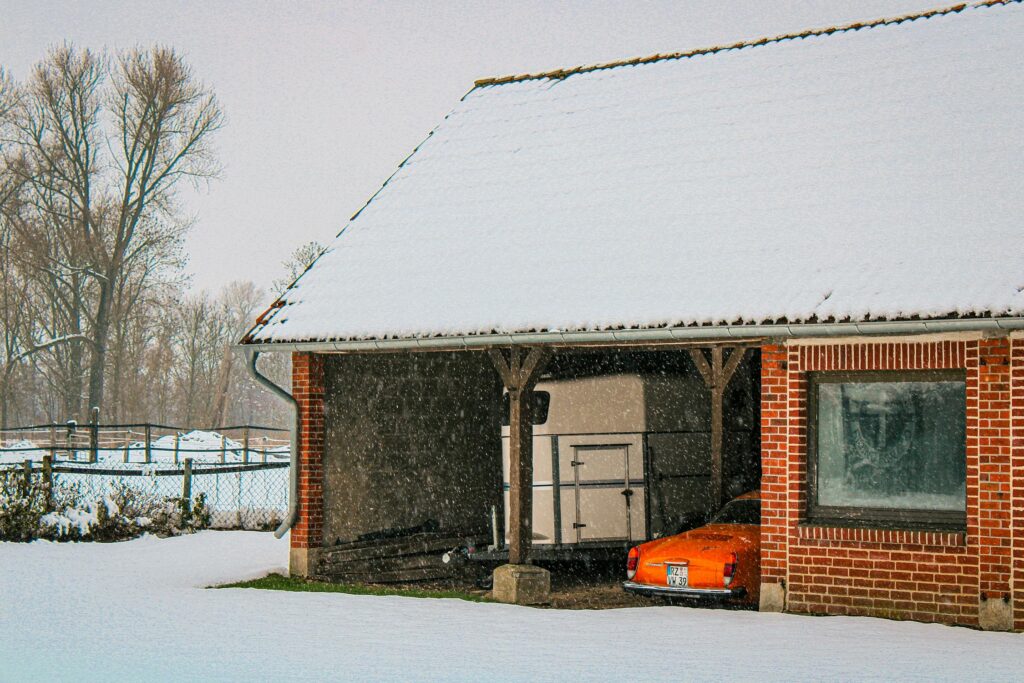Here’s the question in a nutshell: “I’m looking to invest in solar panels. Should I buy new, or is it worth it to try and save money buying used solar panels?”
And here’s the answer in a nutshell: it mostly depends on how you plan on using them.
To elaborate just a bit further (before going into much greater detail down below), if you’re just getting started with solar, used solar panels can be an attractive option to lower upfront costs. But they’re not always worth the trade off. In many cases, used panels are better suited to small-scale, DIY projects, while new panels are a safer bet for bigger investments.
Are Used Solar Panels Cheaper?
Yes.*
As a general rule, second-hand sales happen at lower price points than the original retail. Like a brand new car driving off the lot, some value is lost more or less at the point of sale. You, dear reader, already know this. It’s why you’re investigating this option in the first place.
But you’re canny enough to know that sale price isn’t the only factor, and you’re wondering if you’re still getting decent value from your purchase. And that’s where things start to get a bit more complicated.
Solar panels are seeing increasingly widespread use these days, but they’re still expensive to install at scale. A solar-powered power bank for your phone might be affordably priced, but that’s very different from a roof installation meant to power your entire household. And if you’re going to drop tens of thousands on a major home upgrade, you want to get your money’s worth.
Long-Term Value and ROI of New and Used Solar Panels
Determining whether to buy new solar cells or pick up used ones is a little like making the decision to buy new or used windows for your home. At first glance, it might look like there’s little to differentiate one built yesterday, and one built a few years ago. But even for products that seem simple and straightforward, we’ve been iterating on the technology and design principles.
A window from 10 or 15 years ago won’t have the same insulating effect as one built in the last couple of years. And, in the same way, older photoelectric cells have lower efficiency than their more recent counterparts.
There are a number of factors that contribute to both the costs and the value of a given product. In the case of solar, some of the costs include:
- Initial purchase
- Installation costs
- Maintenance costs
- Supplementary purchases (like energy storage)
Some factors impact or mitigate potential costs:
- Warranties
- Energy rebates
- Incentive programs
And then there are factors that impact the lifetime value of the solar panels themselves:
- Energy production efficiency
- Product usable lifespan
- Compatibility (with other panels, other products, and the power grid itself)
- Reliability
- Durability (or how often you’ll have to make repairs)
These aren’t necessarily comprehensive lists either, so expect some of the circumstances to be unique to your situation, depending on where you live, what you’re buying, and where you’re purchasing from.
What we can say with near certainty, however, are the following:
- Buying new panels will have a higher base price than buying used, before accounting for outside factors.
- Older panels will have reduced longevity to some degree, varying based on how much use they saw before you got them.
- Newer panels have increased efficiency in comparison to older panels, thanks to advances in photoelectric technology.
- The bigger the project, and the more permanent the build, the wider these differences become.
Advancements in Solar Technology
If we want to compare solar products to other new/used product dynamics, we have to compare apples to apples. Sure, you’re bolting it to the roof of your house (if that’s the build you have planned), but solar cells have less in common with roofing material and furniture, and more in common with computers and video game consoles in this regard.
It’s an electronic system, and subject to innovation rates similar to other electronic technologies. In other words, while well-built and well-maintained carpentry products can last long enough to count as an “antique,” the same cannot be said of a Windows 95 computer, or for solar panels from last decade.
The rate of advancement in this category of manufacturing is borderline exponential. In the case of solar panels, the key advancements are in efficiency (how much electricity they can produce), longevity (how long they last, and how durable they are), and energy storage.
That last one might not sound relevant, as the power banks usually have to be purchased separately anyway. But then you have to account for compatibility. And while it’s not quite as convoluted as getting older computer hardware and software to work with newer stuff, it’s still a concern.
Worse still, if you grab panels that are too old to interface with your local power grid, there’s no way to reap the whole “your power company pays you” benefit. Your production will only matter if you can use it locally.
“So…Which Should I Use?”
All of that being said, the more recent the manufacture date on used panels, the lower the impact of these factors. The same goes for project scale: if you’re prepared to drop enough money to furnish a whole house with power, used may not be the way to go. But if your project is smaller, or located off-grid anyway, then the extra expense may not bring as much extra value.
Ultimately, this is a case-by-case basis. Sites selling new panels will probably insist that new is the best option, while brands that sell used panels will say the opposite. You may or may not be an expert in this technology, but you’re smart enough to do your own research (you found this article, after all), which is an excellent start.
Vet your sources, get second opinions, and consult experts that don’t have a stake in your decision. Then trust your own judgement, and find a reputable outlet for the product you need.
Check us out at Homeowner.org for more on home improvement. We’re here to be your ultimate resource as a homeowner!



